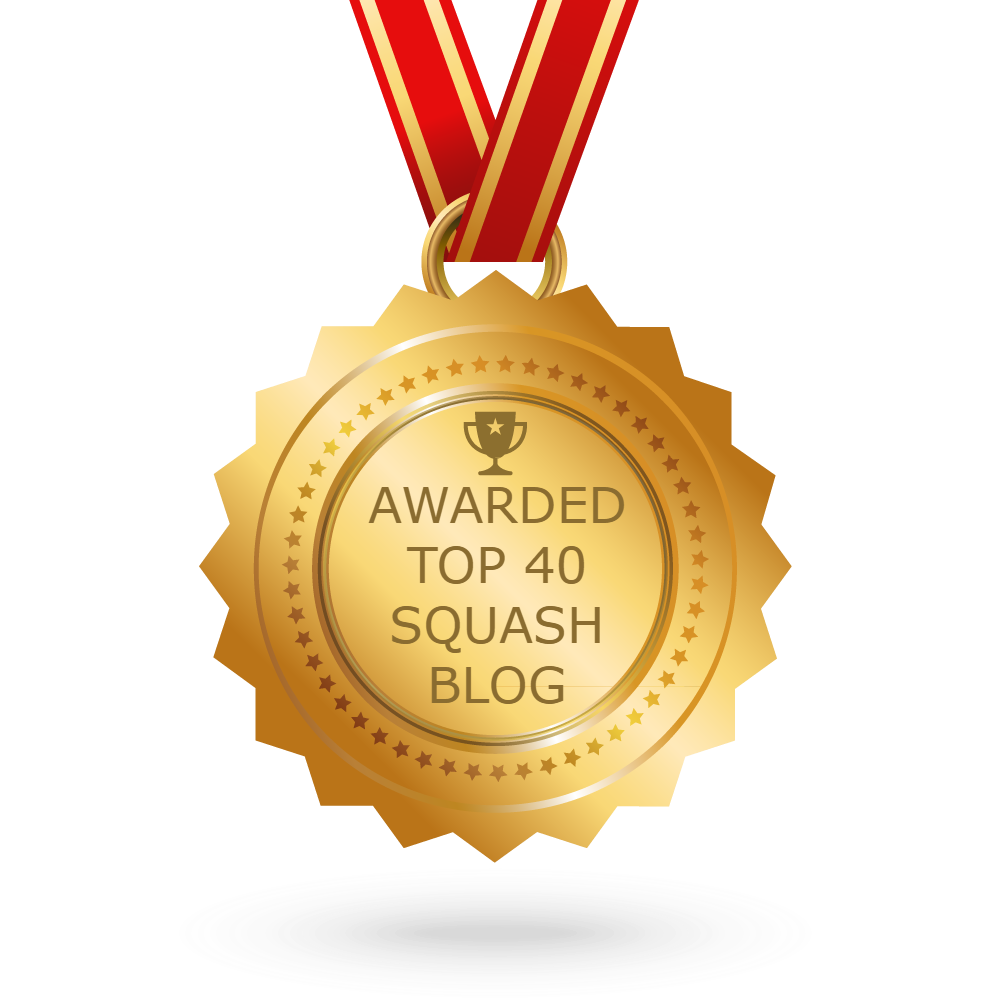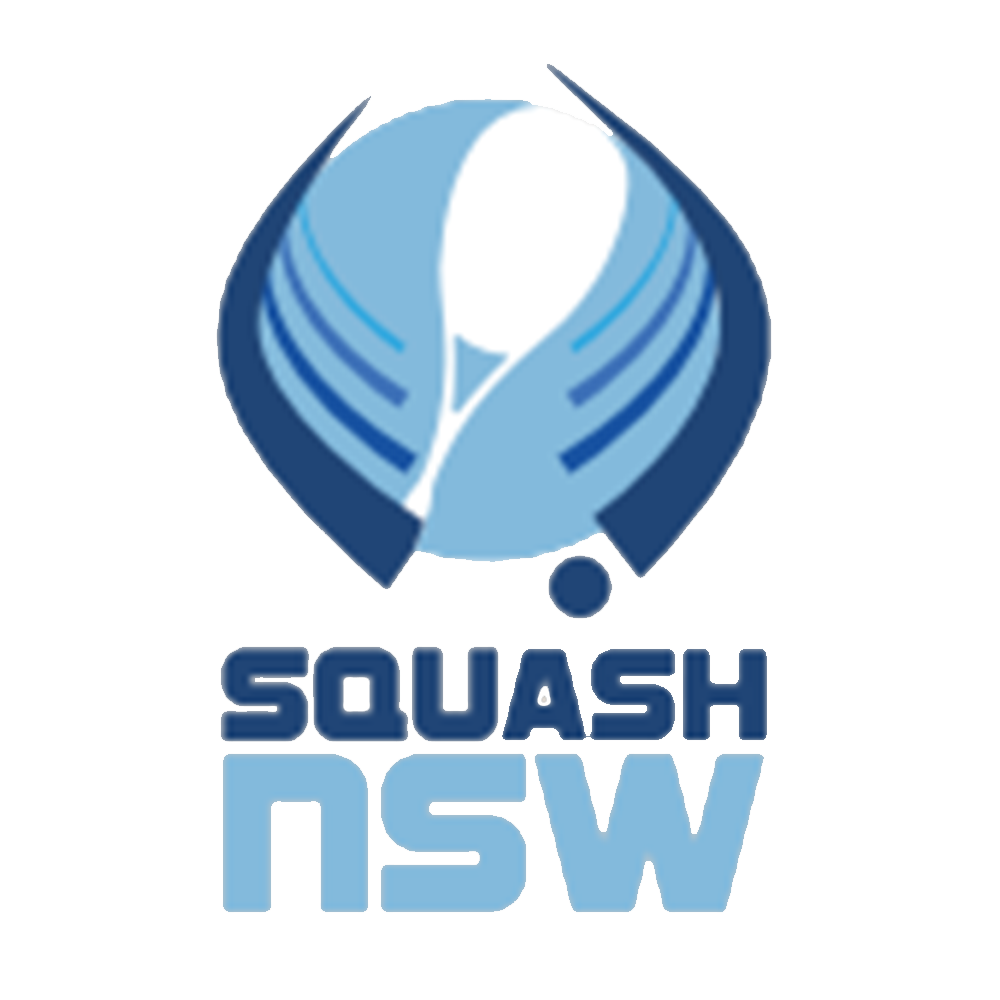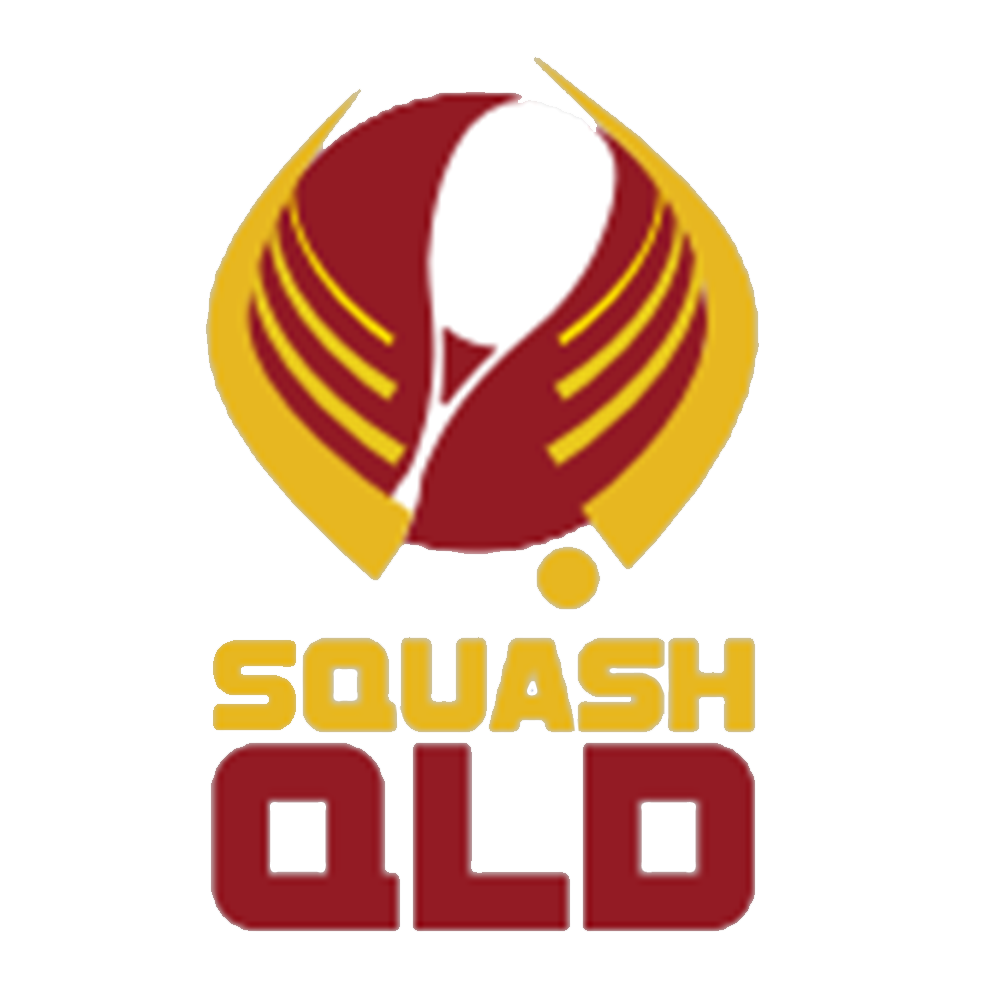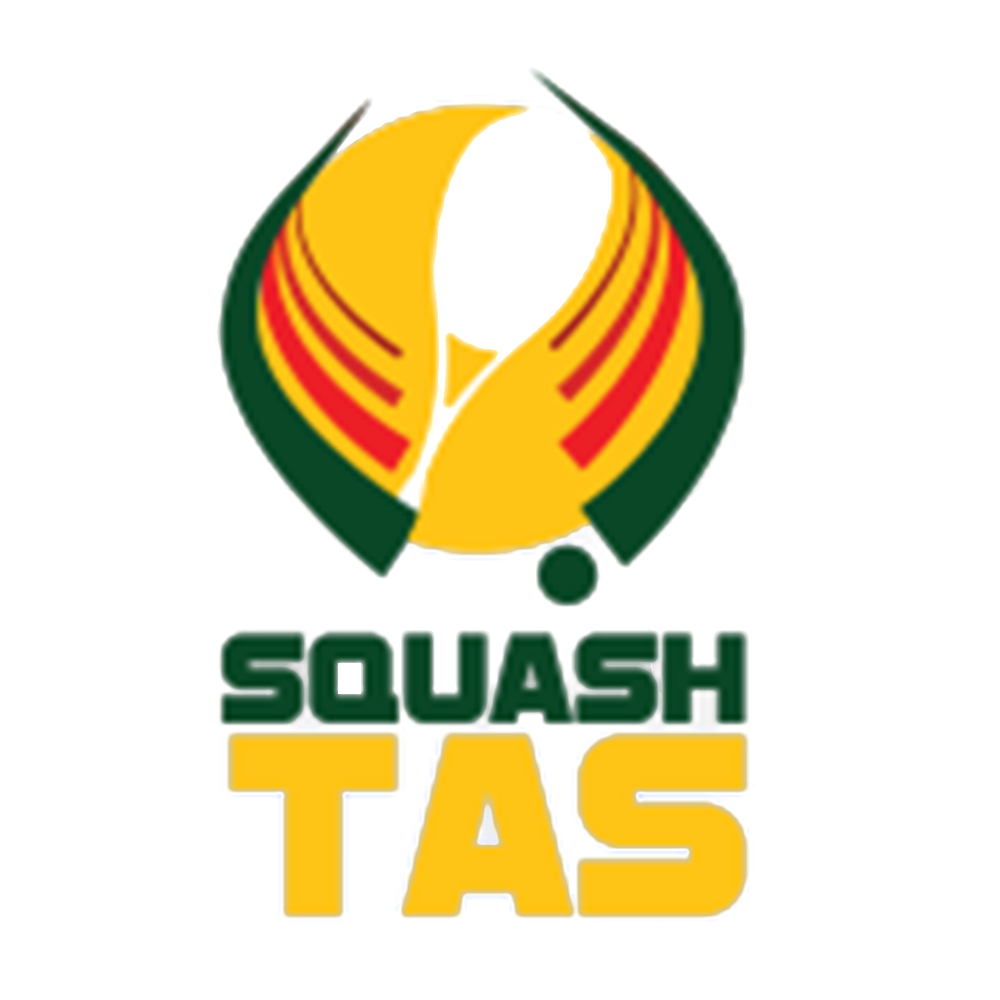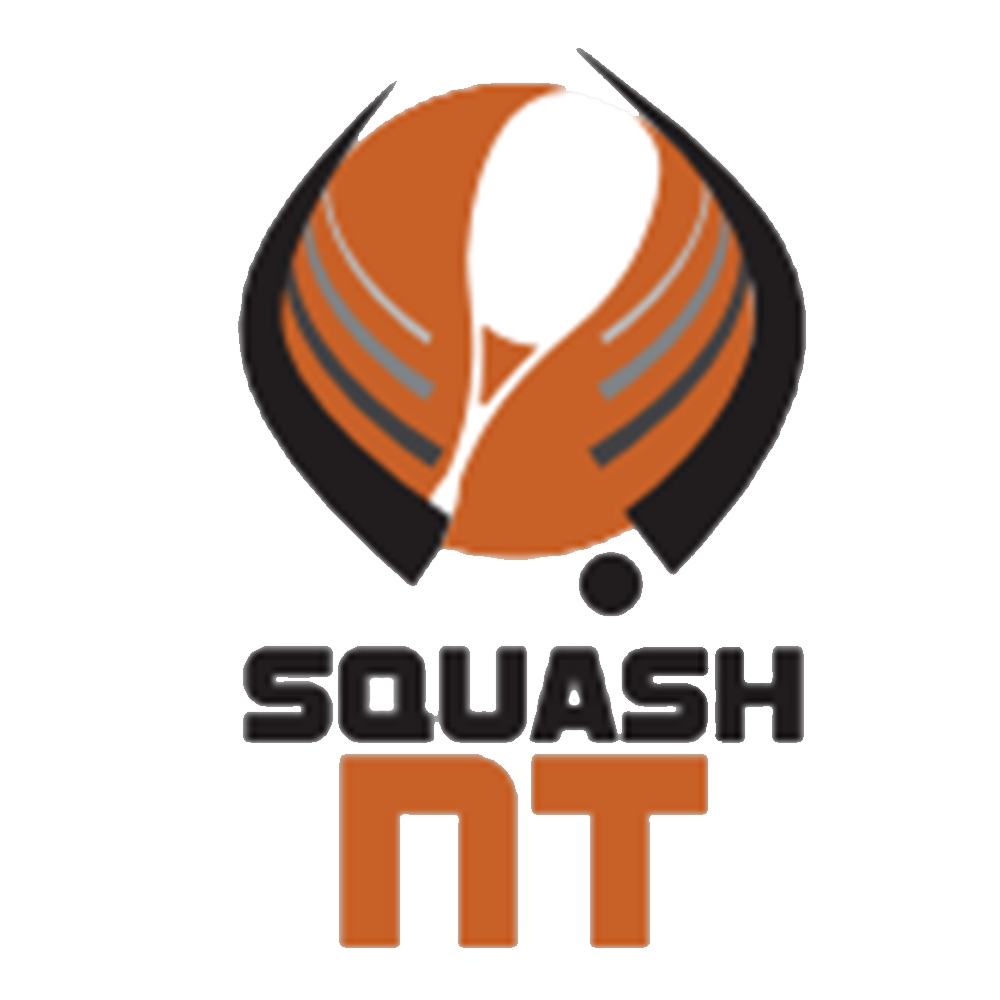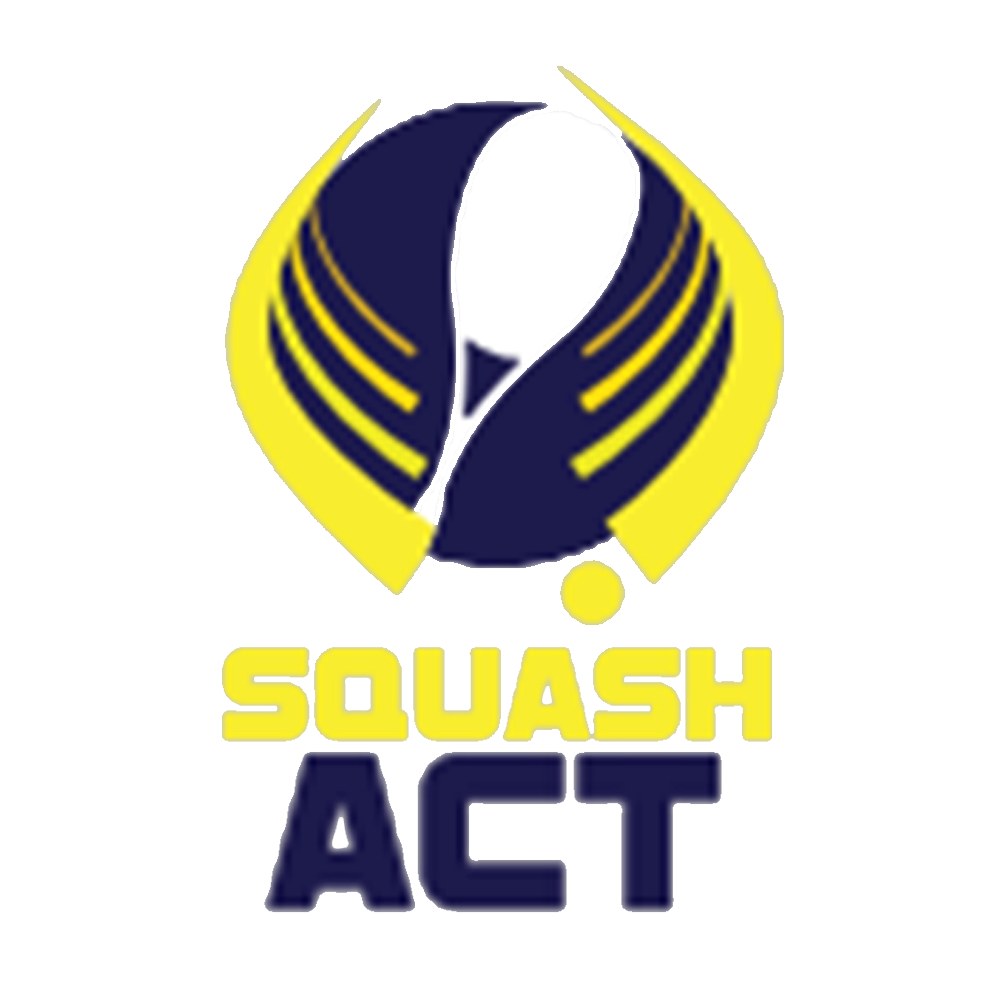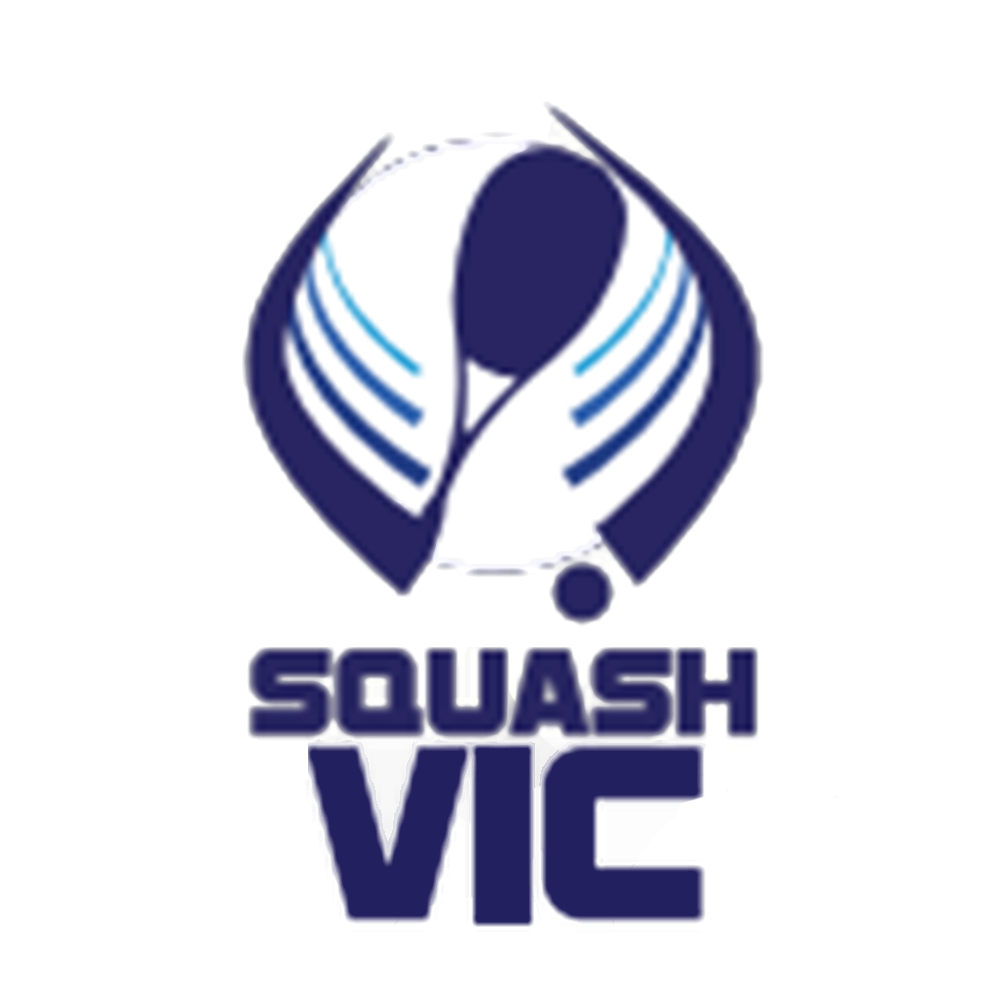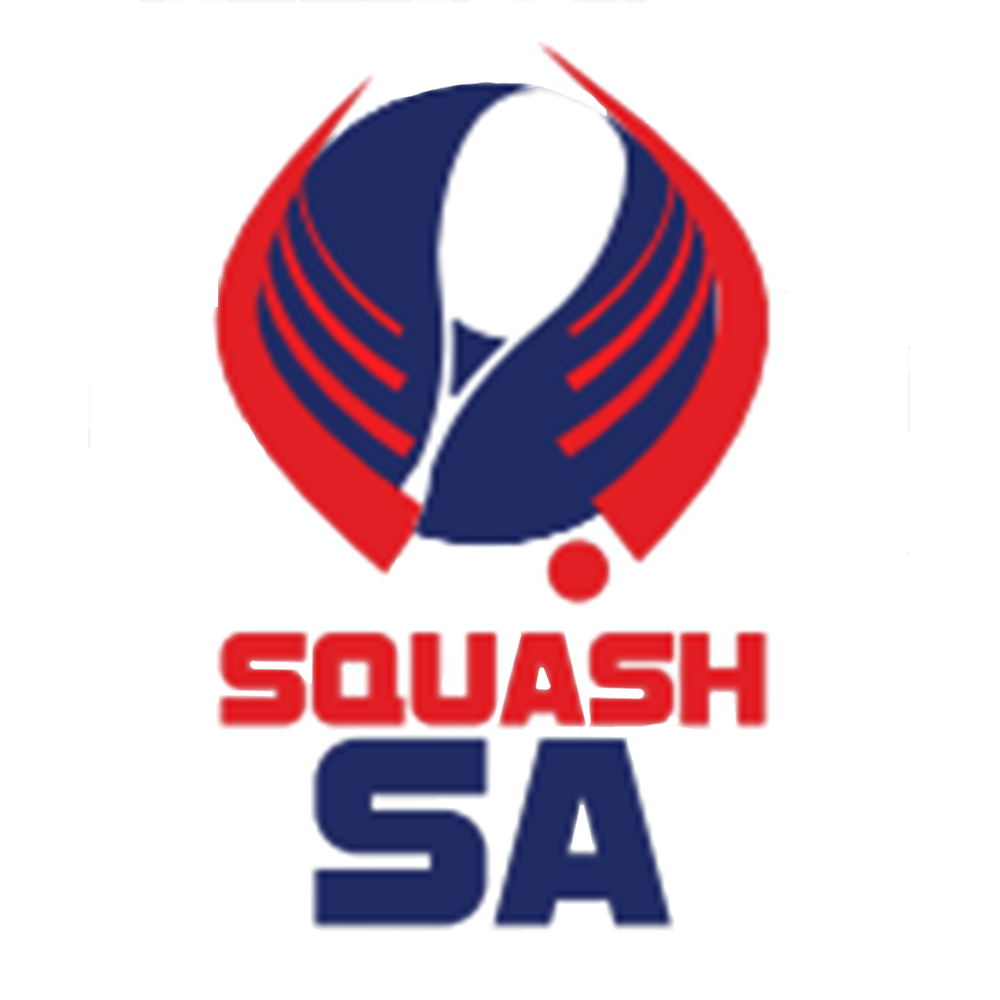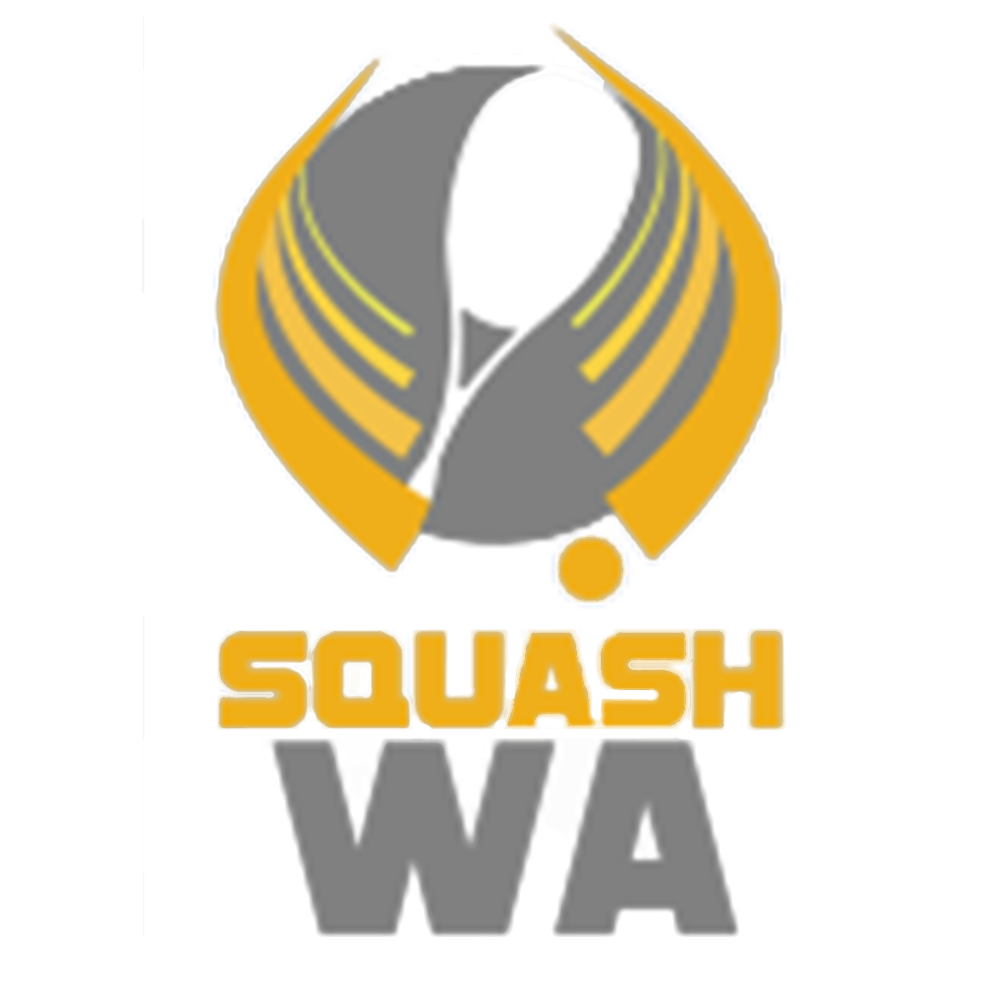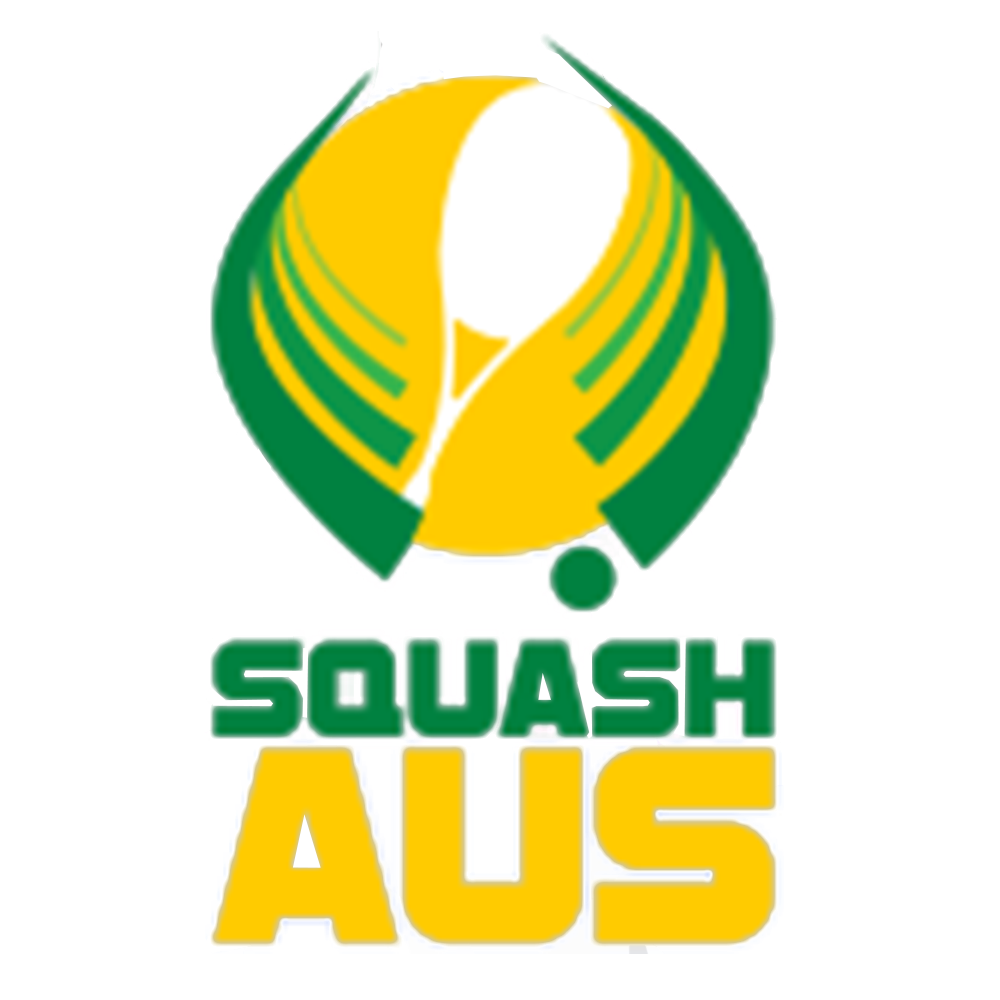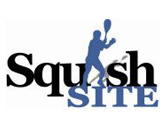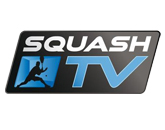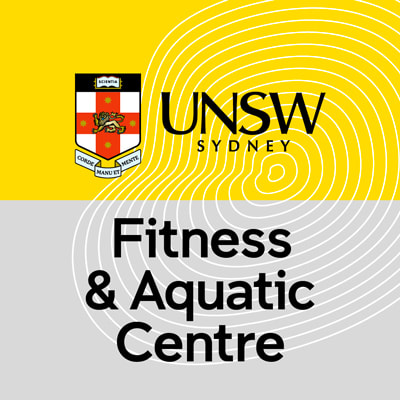With Small Group Classes, Training Squads and Play to Win Feedback sessions back up and running with the East Coast Squash Academy, returning players will have to adapt to new guidelines and in some instances adapt to new environments to train in.
Lori Dithurbide (@DrLoriD) Assistant Professor in the School of Health and Human Performance at Dalhousie University, noted that there are 3 phases to returning to sport.
Below we have shown how these phases relate to squash.
Phase 1: Managing emotions
Players will have to manage their emotions from the excitement, in our instance, of getting back on the court and training with peers as well as controlling the anxiety of de-training and if they have fallen behind other players.
Handling the expectation of performance when returning, the player must understand it needs to be taken in simple steps and progression made over time.
Phase 2: Making sense of the situation
Assessing what level, the opponent is at physically and mentally as a player will return to sport at different levels than pre-isolation.
A number of players kept up with at-home exercises and conditioning completing their own exercises or participating in Squash in the Park sessions. These players will not be as far behind as the players that were not able to continue any exercise.
Players who spent time working on other aspects of their performance (e.g. strategy performance) through VSA sessions, will find themselves ahead of the game when they return, having a better awareness of what they’ll need to do or adjust when under pressure.
Training should be gradual to avoid injury and overtraining, and both players and coaches must remain adaptable as they navigate changing restrictions and renew goals.
Phase 3: Mobilizing energy and efforts
It is clear that players will have a sense of “I am too far behind” or “how will I achieve my original goals”. Short term goals need to be reset and managed continually to build confidence in an ever changing environment.
We all know that physically time needs to be taken when returning to the court to reduce the chance of injury but it is also essential to remember the psychological aspects and fatigue may set in due to the change from normal training.
If this can be understood early and clear in the short-term goals achieved, this will maintain motivation, focus and reduce that chance of injury.

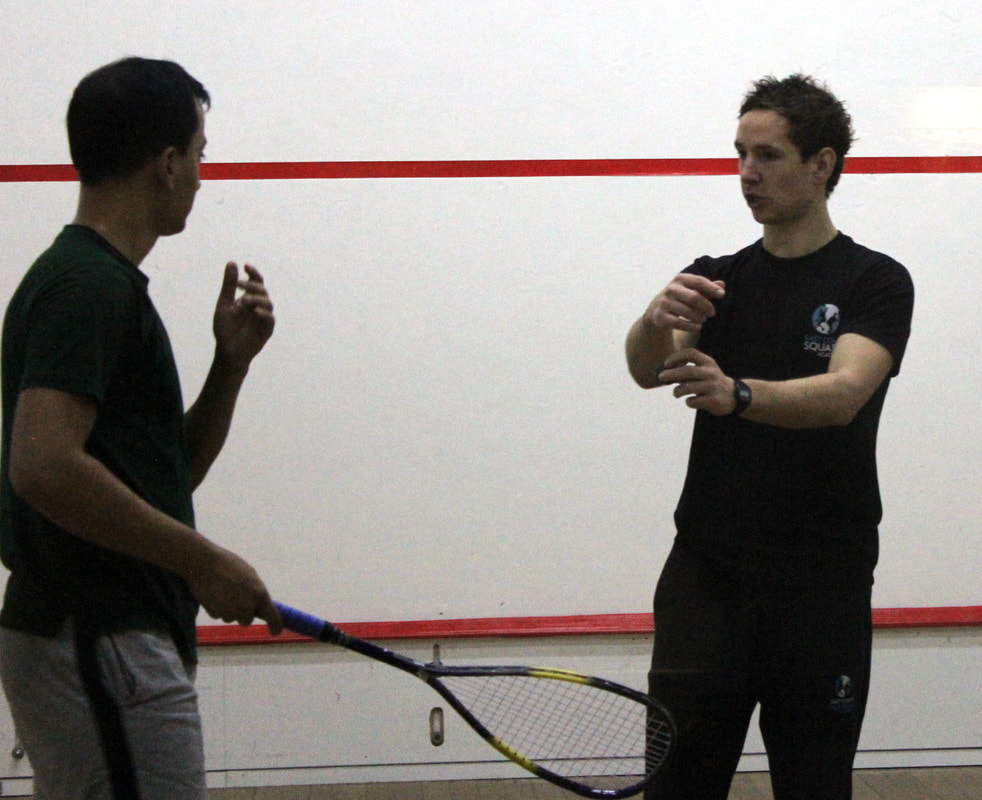

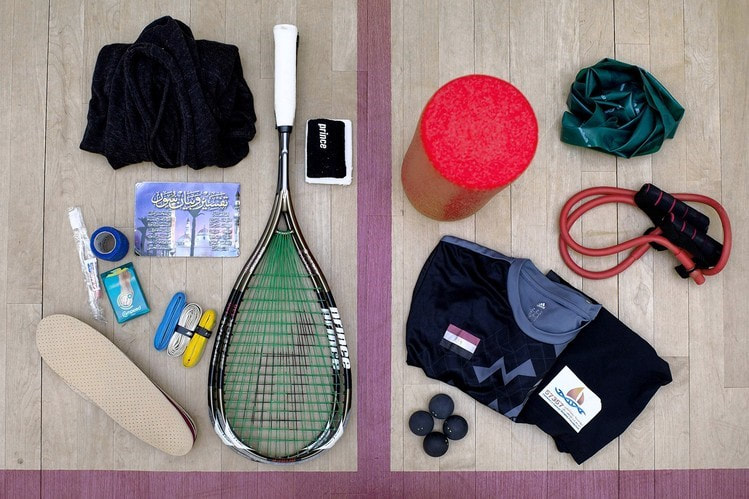
 RSS Feed
RSS Feed
